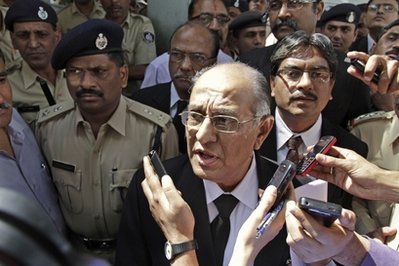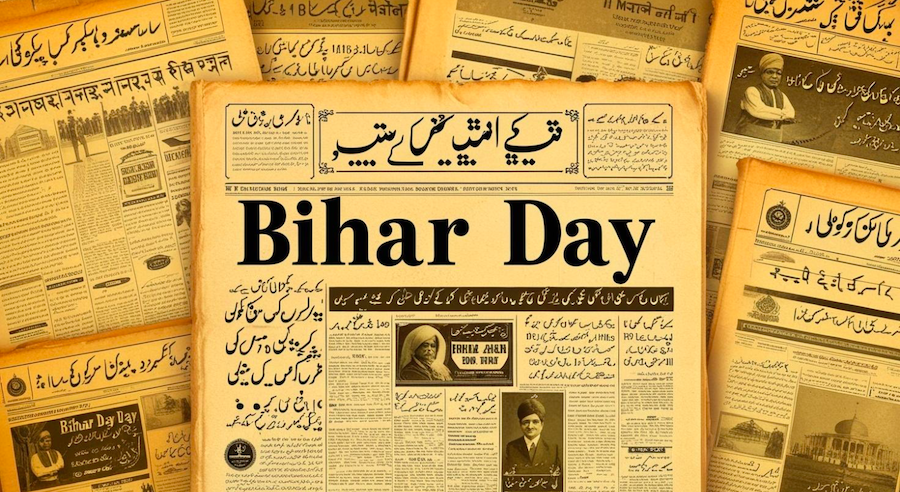Staff Reporter
Ahmedabad: Those found guilty in the Godhra train burning case were awarded different punishments under various sections of the Indian Penal Code, but all sentences will run concurrently, Chief Public Prosecutor J. M. Panchal said on March 1.
He was briefing journalists after a special fast track court delivered the quantum of punishment for the 31 convicts.

He refused to answer a question whether he was “satisfied” with the verdict, but said a decision on appealing in the higher court against the sentence of life imprisonment handed to 20 convicts and the acquittal of 63 earlier would be taken by the investigating agency, the Supreme Court-appointed Special Investigation Team, after going through the 850-page judgment.
During the hearing on the quantum of punishment on February 25, the prosecution demanded death penalty for all the 31 convicts, requesting the court to consider the incident as one of the “rarest of the rare” cases. But the defence sought lighter sentences.
According to Panchal, this was possibly the first case in the history of the country in which so many people were given the death sentence.
Prosecution lawyers Rajendra Tiwari and Parimal Pathak said the court believed that it was the “rarest of the rare cases,” accepting the conspiracy theory of the prosecution. The 31 persons were held guilty on 23 charges, including conspiracy, murder, unlawful assembly, dacoity, robbery and arson.
The 20 convicts, who were awarded life imprisonmen,t would have to spend 20 years in jail, minus the period they were behind the bars during the trial, but the state and the jail authorities had the power to condone the remaining period after 14 years, Panchal said.
The cases of the 11 convicts sentenced to death would have to be sent to the Gujarat High Court for the confirmation of the verdict.
Panchal refused to disclose whether the court had made any observation while spelling out the punishment. He also declined to disclose the grounds on which the 11 convicts were sentenced to death and the others awarded life imprisonment. “I cannot make any comment on it till we receive the full text of the order, which is likely only on March 3.”
Defence counsel Munshi said the judgment was probably the first of its kind in the country in which death penalty was awarded to so many people. “It is very difficult to swallow the judgment. We are going to appeal against it in the High Court.”
According to the advocates present in the court, the day’s proceedings ended in less than 10 minutes before the judge pronounced the sentences and handed over copies of a gist of the order on the quantum of punishment to the defence and prosecution advocates.
Later, the judge also heard an appeal from the defence that the convicts be shifted to the Vadodara central jail to be in closer proximity to their hometown of Godhra, so that their relatives could visit them.
Tension prevailed in many parts of Godhra for some time after the pronouncement of quantum of punishment. Shops in Signal Falia, Polon Bazzar and adjacent areas, where most families of the accused lived, downed their shutters. Shops did not reopen till late evening, but normality returned with people going about their work as the police mounted tight security.
But neither the family members of the convicts nor those of the acquitted were available to the media for comments. “Some of our jail inmates have been sentenced to death. Please don’t ask us any question,” one of the acquitted persons told journalists at Godhra.
State government spokesman and Health Minister Jaynarayan Vyas declined to comment on the order, except to say the government “welcomed” the judgment.
Vishwa Hindu Parishad international general secretary Pravin Togadia, said the VHP would request the State government to approach the High Court for demanding the death sentence for all the 94 persons originally held as “accused.”









